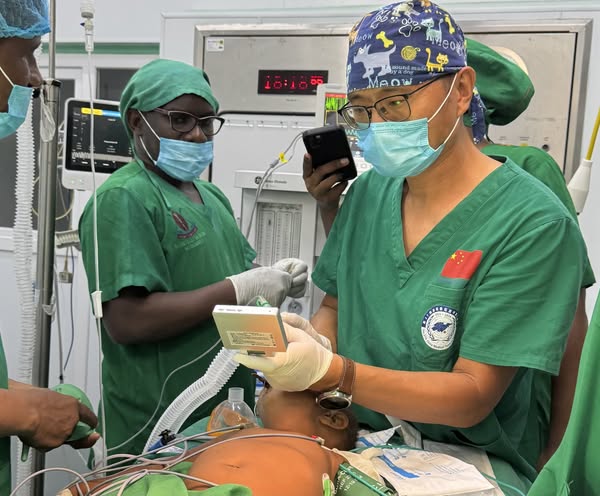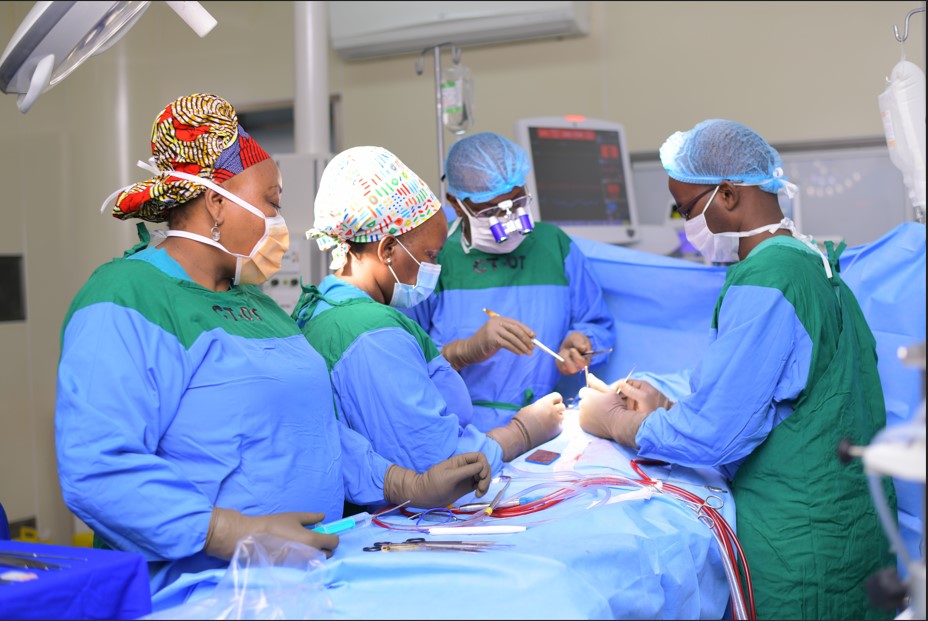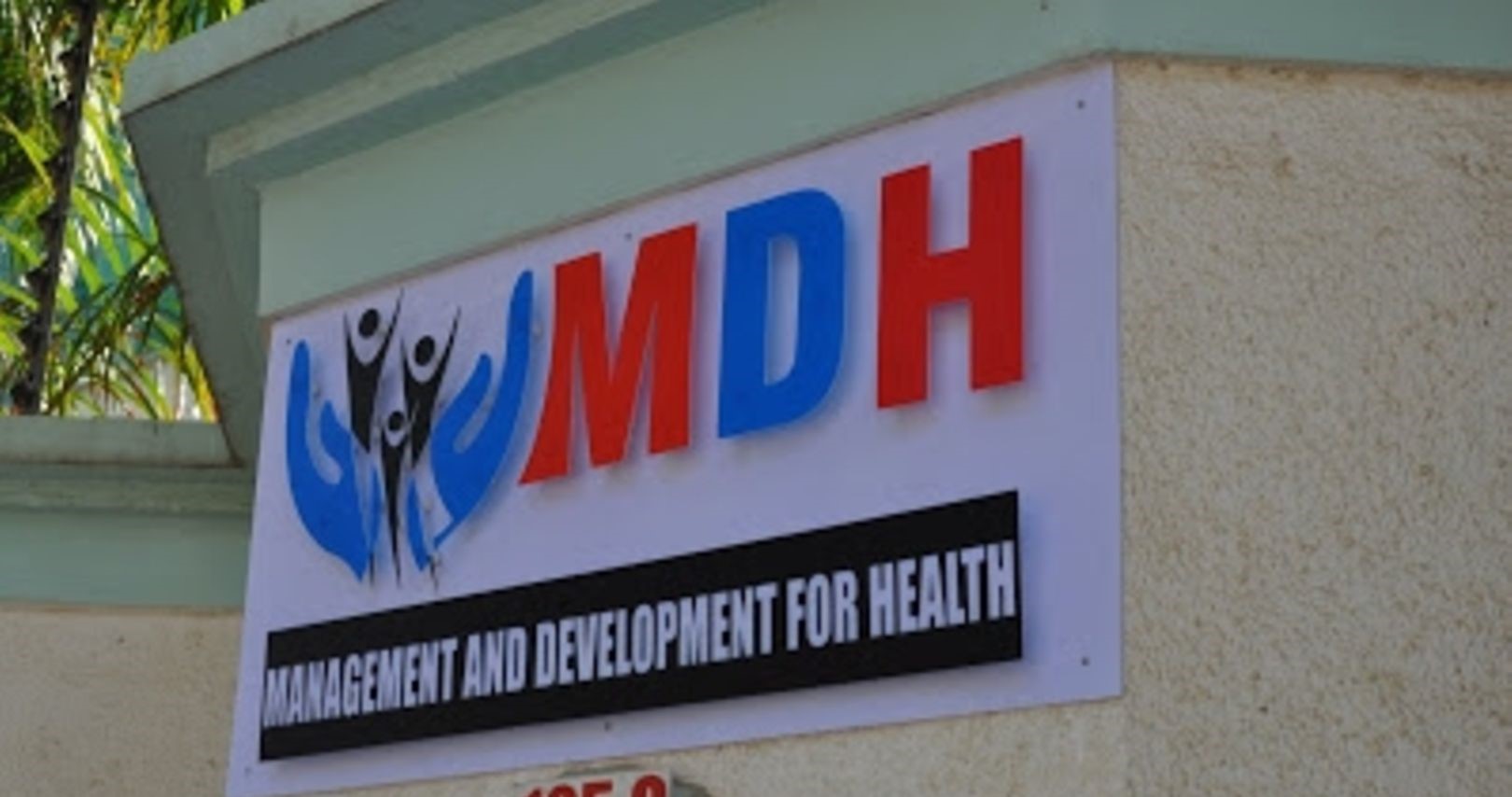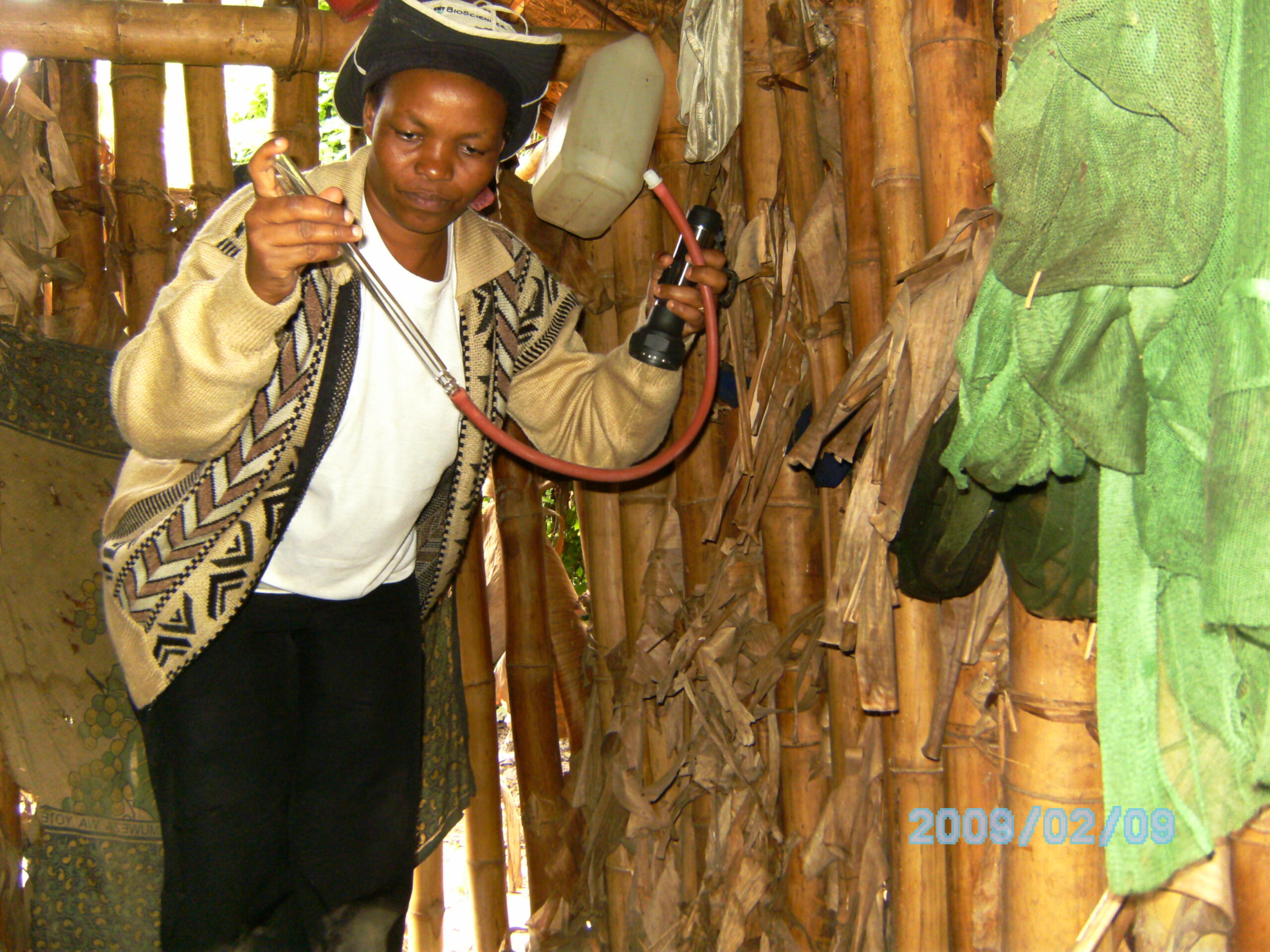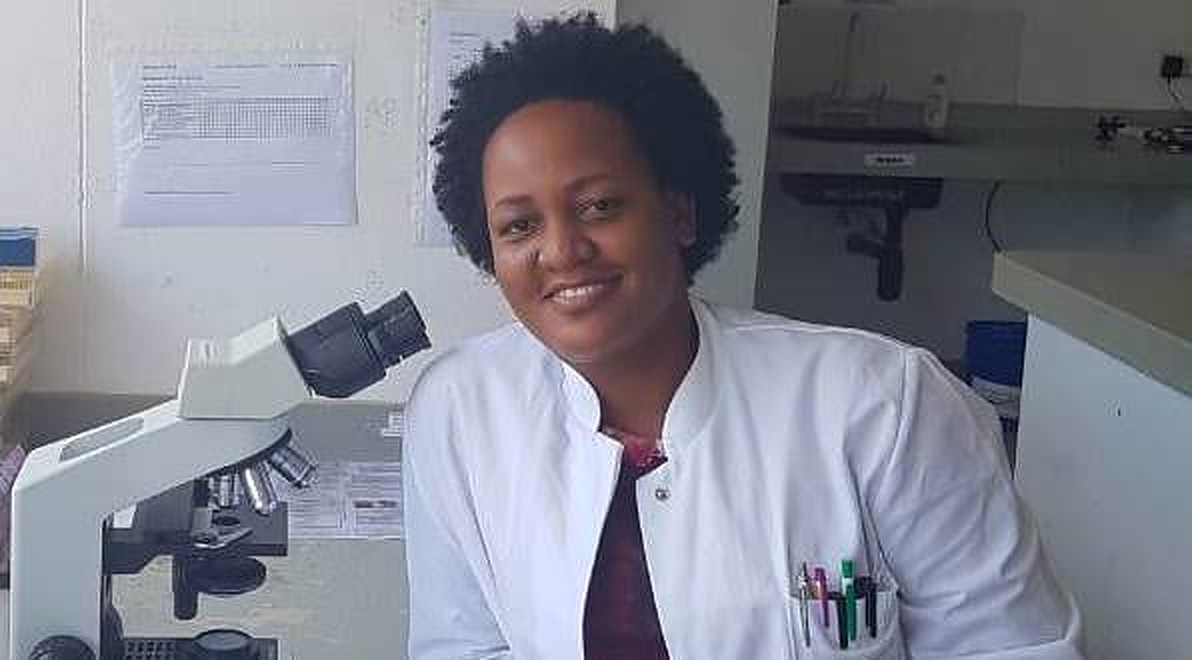For many in Tanzania, the mere mention of mosquitoes conjures a distressing image of malaria, the debilitating disease they carry. Beyond the illness, there’s the constant nuisance – the high-pitched scream of their wings, the frantic swatting in the air, the unexpected landing on exposed skin, followed by the sharp bite of their proboscis and the inevitable puffy, itchy marks on the skin. But for Dr. Basiliana Emidi, who has dedicated her career to studying the behaviors of mosquitoes, there is more to just the painful bite and the nuisance.
For 20 years, Dr. Basiliana, who is currently a Principal Research Officer at the National Institute for Medical Research (NIMR), has dedicated her career to understanding not only how the human-biting mosquitoes behave, but also how they develop resistance to the insecticides designed to control them. Her focus extends beyond the well-known malaria mosquito, the Anopheles species. She delves into the world of a wider range of mosquito-borne threats, including Chikungunya, dengue fever (spread by Aedes mosquitoes), and lymphatic filariasis (spread by Culex mosquitoes).
Having completed her post-doctoral research in the same area under a multi-country ESSENTIALs project which was implemented in collaboration with the Liverpool School of Tropical Medicine (LSTM) and NIMR Mwanza Centre, Dr. Basiliana says she is now headed for a bigger impact on communities, banking on her determination “to turn dreams into reality,” through research excellence and leadership.
“Never give up no matter what – there is always a solution out there,” is her motto, she tells MedicoPRESS, narrating what holds her onto her job—and the inspiration she drew from the late Dr. Mwele Malecela (1963-2022); a prominent Tanzanian scientist and public health leader who researched extensively on mosquitoes, and entomology with focus on lymphatic filariasis. Dr. Basiliana is currently one of the 10 women in the inaugural cohort of the World Health Organization’s Mwele Malecela Mentorship (MMM) Programme for Women in Neglected Tropical Diseases (NTDs), aimed at grooming African women as leaders in the elimination of Neglected Tropical Diseases(NTDs).
Another Dr. Mwele Malecela in the making?
Basiliana holds a Ph.D. in Medical Entomology, an MSc in Medical Entomology, and a BSc (Hons) in Zoology, Wildlife Science, and Conservation. The late Dr. Mwele, who also had a BSc in Zoology, went on to do a Masters and Ph.D. in related fields. Both have a similar foundational education (Zoology). But beyond the career path and choices of Dr. Basiliana and her model: Mwele, there is a deeper inspiration. Dr Basiliana vividly recalls Dr. Mwele’s words at a women’s side meeting during one of the past NIMR conferences when she said, “Write down your own story the way you want now, don’t wait for other people to write for you, the way they want.” This advice, Dr. Basiliana emphasizes, has been instrumental in her own journey and for her network. Witnessing Dr. Mwele spearhead initiatives, from her time as the first female Director of Research, Coordination, and Promotion (DRCP) at NIMR, to her role as the first female Director-General, instilled in Dr. Basiliana a deep appreciation for the impact dedicated leadership can have on public health.
From Frustration to Determination
Dr. Basiliana is already demonstrating that she is a resilient woman—and determined to live the dream behind the MMM Programme—given her compelling personal stories and achievements she has made over the years. And her personal story in one of the major scientific events in Africa speaks volumes. At the 5th Annual Conference of the Pan-African Mosquito Control Association (PAMCA) that took place in Zimbabwe in 2018, Basiliana’s personal story from one of the women attending the conference moved all the conference attendees.
Before that conference, Basiliana, a mother of two, reached out to PAMCA to ask for financial support to attend the event. Given many similar requests and the fact that PAMCA did not have financial means to provide support, her request hit a brick wall. Due to her commitment and sheer determination, Basiliana embarked on a 3-day bus trip from Tanzania to Zimbabwe via Zambia to attend the conference. When Dr Prosper Chaki, the PAMCA Executive Director heard of the story, he asked conference attendees to voluntarily contribute for her return air ticket. The solidarity around this call was remarkable. Within one hour of the call, conference attendees had contributed more than the air ticket fares. It was decided that the excess money raised would be used to start a Women’s Fund within PAMCA to support women who might face similar challenges.
Career growth
Since embarking on a leadership trajectory as she maintains a career in research, Dr. Basiliana’s career trajectory at NIMR has taken a meteoric rise. She now holds a strategic scientific position of Principal Research Officer in Medical Entomology and was recently appointed by the NIMR Council as a Centre Manager for the NIMR Dodoma Centre. This leadership journey has also granted her a powerful voice within the institute, evidenced by her appointments to the NIMR Mwanza Centre Management Board and the Africa Integrated Vector Management (IVM) Advisory Panel of Experts. Her increasing responsibilities are further reflected in her membership on the technical committee developing the Resource Mobilization Policy for NIMR, alongside a growing team reporting directly to her.
Empowering other women
She leads a project in Mwanza, Tanzania, that empowers local women to participate in vector control activities. This project has a long-term goal of improving health outcomes by training women to train others (a training-of-trainers model). Her project’s findings demonstrate that a community-driven approach using empowered women can address the lack of skilled vector control personnel.
This approach significantly contributes to building a more resilient and healthier community by reducing the burden of mosquito-borne diseases. Communities embraced Dr. Basiliana’s findings, readily accepting and supporting the formation of sustainable “women in vector control” groups. A tangible outcome of her project is a policy brief titled “From Awareness to Action: Promoting acceptability towards Empowering Women at the Community level to reduce mosquito-borne diseases’ mortality and morbidity in rural settings in Tanzania.” This policy brief advocates for policies that support and sustain women’s involvement in community-level mosquito control.
Networking is key
Furthermore, she champions gender equality and women’s leadership. She advocates at forums like World Water Week and holds prestigious positions like the Africa Integrated Vector Management (IVM) Advisory Panel of Experts. Dr. Basiliana is also a country coordinator for women in vector control under PAMCA Tanzania chapter. She uses social media to showcase her work and leverage her newfound confidence to make a lasting impact on global health.
Dr. Basiliana actively disseminated her project findings, presenting at a NIMR seminar and submitting a policy brief that caught her mentor’s eye. This led to an invitation to present at a prestigious Public Health Entomology Group (PHEG) symposium of the London School of Hygiene and Tropical Medicine (LSHTM) expanding her network and honing her communication skills through engagement with diverse stakeholders. Now, armed with a clear plan and valuable insights, she seeks funding to launch phase two and build upon her initial success.

